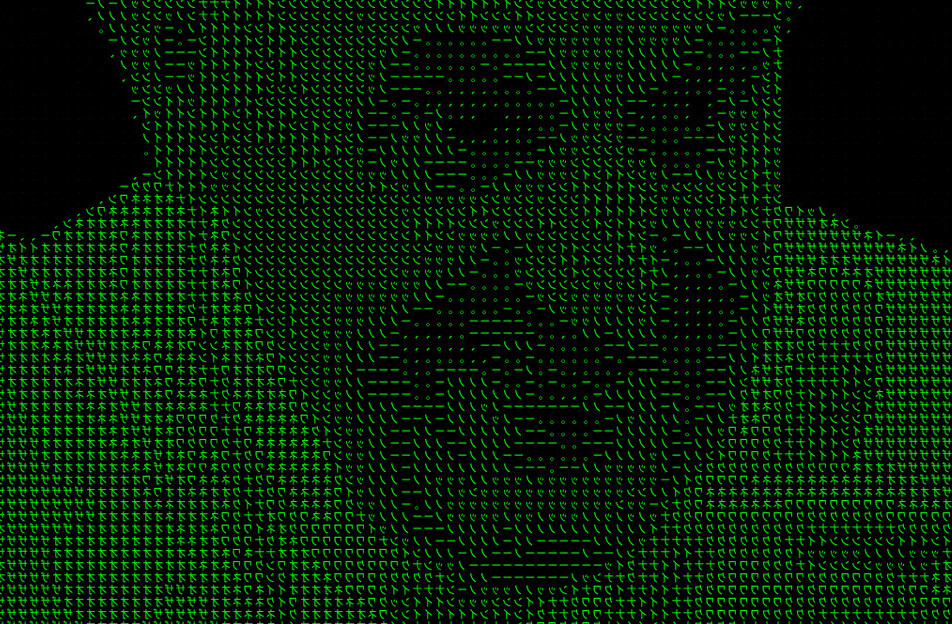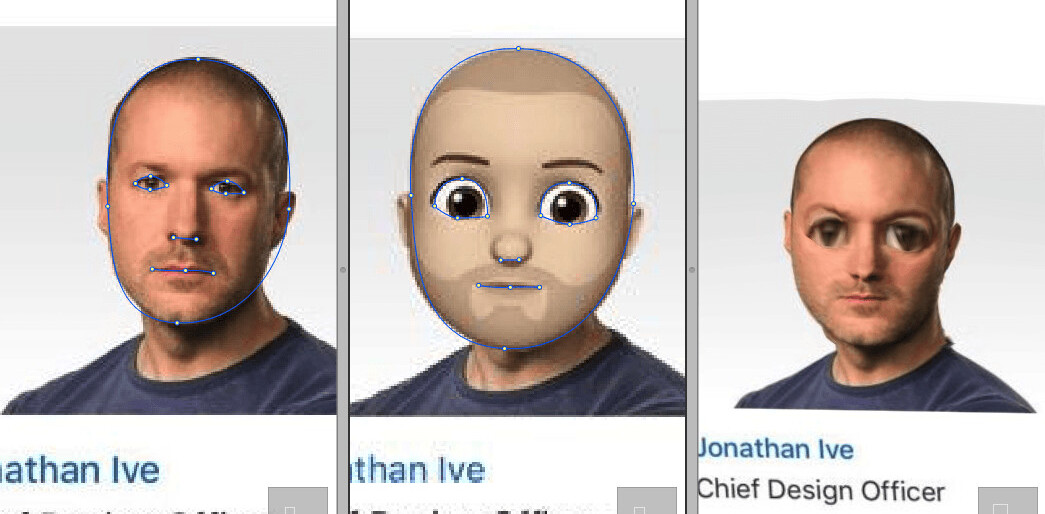
All Facebook has reported on the results of a study by Experian Simmons that reveals the number of people watching popular evening shows while “engaging” on Facebook. I’ll spare you the numbers and get to the point: in short, millions of people are watching their favorite shows while babbling about them on Facebook — everything from cleverly written dramas like Dexter to horrible, horrible reality television.
This study doesn’t go beyond the confines of Facebook. It doesn’t account for the millions of others who are reading email, surfing the web or playing Angry Birds while watching television.
It doesn’t account for everyone who live-tweets every conversation or is too busy uploading photos to Flickr to be a part of what’s in those photos.
In the world of productivity literature, there are many mantras. The most prevalent these days is that multi-tasking is just a bad approach towards getting good work done. Sure, there are situations where you can combine a mindless, repetitive activity with a passive one successfully, like washing the dishes while catching up on podcasts. But otherwise, nothing good comes of multi-tasking — except decreased focus and low quality work. Not even faster turnaround can be named as a benefit. Completing tasks in a serial manner with complete focus is always faster.
So have we become so addicted to the concept of multi-tasking in a flawed and bound-to-fail attempt to get our ever-increasing workload done faster that we then go home and try to multi-task our leisure activities, rushing through them ten at a time?
I can see the logic behind multi-tasking at work, even if it isn’t an effective mode of operation. But at home, it just baffles me why anyone would want to cut the quality of their downtime this way. I’m not being high and mighty here, standing above the crowd on a soapbox: I destroyed a whole season of Dexter with one eye stuck on an iPhone. I just wasn’t thinking about what I was doing. It was instinctual.
Just as focusing at work yields the best results in terms of speed, output, and quality, focusing at home means we can enjoy each activity the way it was meant to be enjoyed. You miss all the details, all the clues, and all the subtle jokes in a show when you’re talking to Aunt Nancy on Facebook the whole time. You don’t get to enjoy the story and really unwind from work. And Aunt Nancy doesn’t get your full attention either, meaning your conversation falls well short of fulfilling either party’s human need for real social connection.
I’ve made the decision to force myself to separate my leisure activities so that I can make the most of what rare downtime I do get. That doesn’t mean I’ve gone Luddite: I enjoy a range of shows, and I love gaming. I enjoy sitting with my daughter on my iPad and laughing as she sends every bird flying in the opposite direction of the green pigs, no matter what I say. I read a wide variety of books on that same device.
What I don’t love so much? Missing out on the real value in all of the above, because I’m too busy trying to get them done all at once.
Get the TNW newsletter
Get the most important tech news in your inbox each week.





